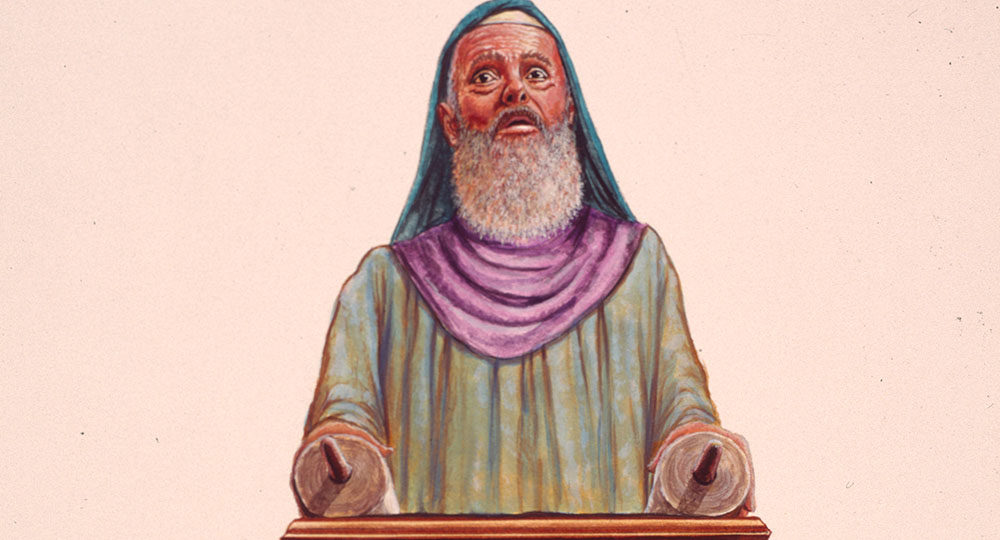

3 thoughts on “Nehemiah: The Reading of the Law and Revival”
Leave a Reply
You must be logged in to post a comment.

You must be logged in to post a comment.
Among the material possessions Maxine and I hold dear is an old oak dining room table. It was the object of a rescue effort launched years ago when we discovered the table...
Whenever the Lord calls a person to serve Him, opposition usually follows. Sometimes it comes in a very subtle manner, and at other times it comes through strong, open resistance. Unbelievers and believers alike can...
Being a leader is an unenviable calling. It appears glamorous and glorious, but it is more often lonely and thankless. The best training for a would-be leader is to observe closely the model...
When the Jewish people returned to their homeland after the Babylonian Captivity, Jerusalem lay in ruins. The Temple, the city walls, and the gates had been destroyed as a result of the three invasions...
The Jews who were living in their homeland during the 440s BC (93 years after the Babylonian Captivity had ended) had a great heart for God. Perhaps all the opposition, affliction, and reproach they had...
VANCE HAVNER once said, “Contending for the faith is not easy. It is not pleasant business. It has many perils. It is a thankless job, and it is highly unpopular in an age of moral...
Hi, I think a correction may be needed in the sentence, “When taken together, Ezra 8:3, 7, and 8 indicate that more than the careful reading of the Word of God transpired on that significant day”, I think the bible references should be Neh 8:3, 7 and 8 (not Ezra). Or maybe I’m wrong?
This information was very helpful, inspiring and insightful.
God Bless your ministry! Thank You for your study of God’s word you made it very easy to understand. Much appreciated!
I love reading your articles very helpful and insightful. I shared a sermon from this section once called “A booth on the roof.” Blessings